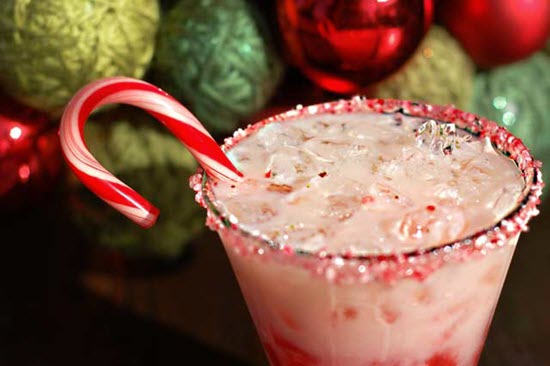
With the holidays rapidly approaching, we”™ll soon feel the stress they bring.
Did you know one of the top stresses is weight gain? Alcohol can contribute to that in several ways. It”™s often a big part of holiday celebrating and socializing, so let”™s look at the ways.
- Alcohol has lots of calories.
Alcohol has 7 calories per gram. Protein and carbs yield 4 calories per gram. Only fats have more calories with 9 per gram.
- Alcohol triggers lots of insulin.
High insulin may trigger hypoglycemia in susceptible people. In turn, that may increase appetite, cause mood changes, or bring on cravings. Insulin also inhibits fat oxidation and may promote storage of the fats we eat.
- Alcohol increases appetite.
Drinking alcohol releases endorphins (beta-endorphin). Endorphins inhibit the center of the brain that makes us feel we”™ve had enough food and won”™t need more for a while. That can lead to more frequent desire for food — and more food at a given meal.
- Alcohol makes us want different foods.
Endorphins again. Endorphins shift food preferences and cravings toward sugars and fats. Eating more of those foods can increase calorie intake and weight gain. It may even lead to insulin resistance!
Insulin resistance isn”™t just the result of overweight, as we usually hear. It can cause it — along with a variety of metabolic disorders.
- Alcohol can mess up our moods in several ways.
Alcohol changes brain chemistry and may lead to depression or anxiety, for example. But any negative mood can cause cravings. The cravings won”™t be for good foods, but for junk. Between cravings and the junk they make us want, we may eat more.
Serotonin typically drops with alcohol use over time. Low serotonin affects mood, triggers cravings, AND makes us more impulsive. That combination may make it more difficult to resist cravings of any kind — including more alcohol.
- Alcohol disturbs sleep.
Alcohol prevents the deep stages of sleep (theta- and delta-wave) that are most restorative. Poor sleep can trigger the monster hormone ghrelin. Ghrelin increases appetite and food intake while it slows metabolism.
Alcohol may also cause middle-of-the-night insomnia. Insomnia might make it difficult to exercise — or to show up for early morning workouts. Insomnia may lead to depression or other bad moods, and that may decrease your motivation to work out altogether.
As you can tell, alcohol can contribute to weight gain and the stress it brings. The sabotage of alcohol goes beyond calories in/calories out.
Even worse, most of the factors above — with the exception of calorie density — hold true for sugar, as well. Limit alcohol this holiday season for better health, better moods, better sleep, and better weight management.
Yes, holiday time seems like a tough time to work on health. But it can be done — and will make you feel great going into the New Year. For help with cravings of any type, or any “odd” food issues, just contact me at drjoan@LastResortNutrition.com .We can find a simple and effective plan to move you where you”™d like to go in a way that”™s easy and do-able.
- New Year’s Resolutions: A Sugar Addict’s Survival Guide - April 15, 2024
- Motivation vs. Enthusiasm - October 12, 2023
- Why Exercise Shouldn’t Be Just One Thing - November 9, 2022

